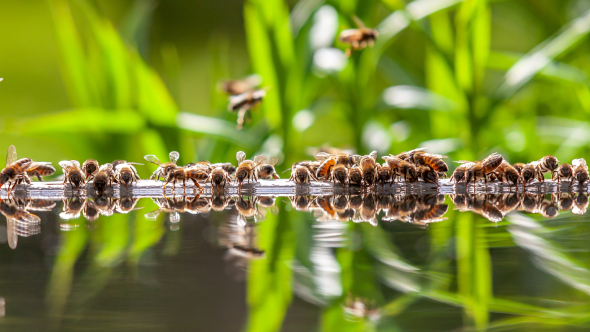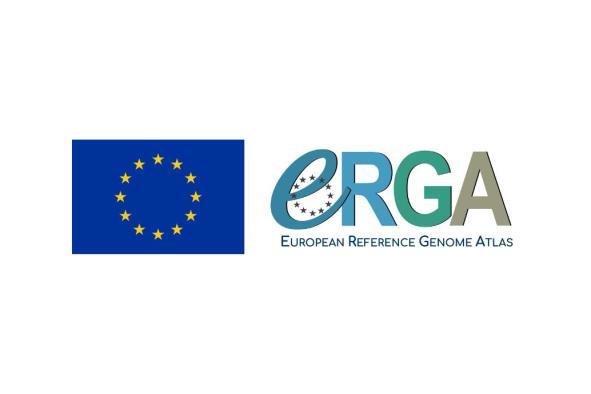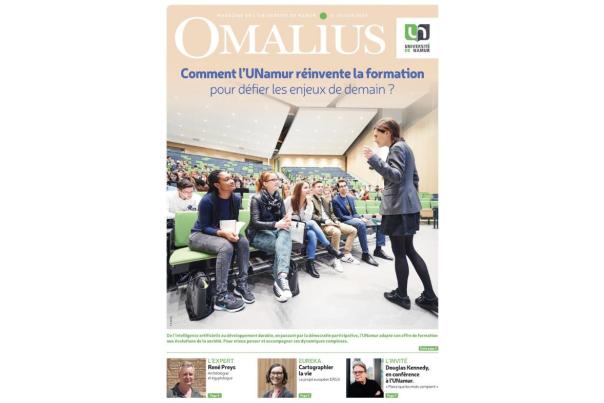Beyond Alice Dennis, over 1,000 researchers across Europe are involved in the ERGA project. And the latter is, in fact, the European part of an even larger project, the Earth Biogenome Project, which aims to sequence the entire living world over a 10-year period. ERGA also includes prestigious members such as the Darwin Tree of Life, in the UK, or the ATLASEA project in France, which aims to sequence the DNA of marine life.
But for Alice Dennis, the ERGA initiative goes much further than these major partners: "ERGA places particular emphasis on creating a decentralized network, and a science that aims to be inclusive. These large partners may have the means to sequence any genome, but this would be to the detriment of less well-endowed countries. There are many biodiversity hotspots in Europe to which these large laboratories do not have access. Relying on local expertise, and allowing everyone to participate and develop their skills will ensure that as many species as possible are present in this Atlas. This is also why all the data produced will be available as open access."
After an initial declaration of intent, the researchers behind ERGA set up a pilot project, which closed in 2023, and which removed a number of difficulties. "We tried to coordinate our action even before we received any funding", recalls Alice Dennis. "Each country came with one or two organisms whose DNA they wanted to sequence, and it was all done through a sharing of the resources each had available, and donations from certain companies. This enabled us to identify a number of problems, such as the difficulty of getting samples to travel in good conditions, in order to preserve the genetic material."
All in all, this testing phase has already established 1,213 reference genomes. And the pace is accelerating, thanks in particular to funding from the European Union's Horizon Europe program. The second phase of the project, which starts this year and will run for 5 years, aims to sequence 150,000 genomes, with priority given to the most endangered species.



